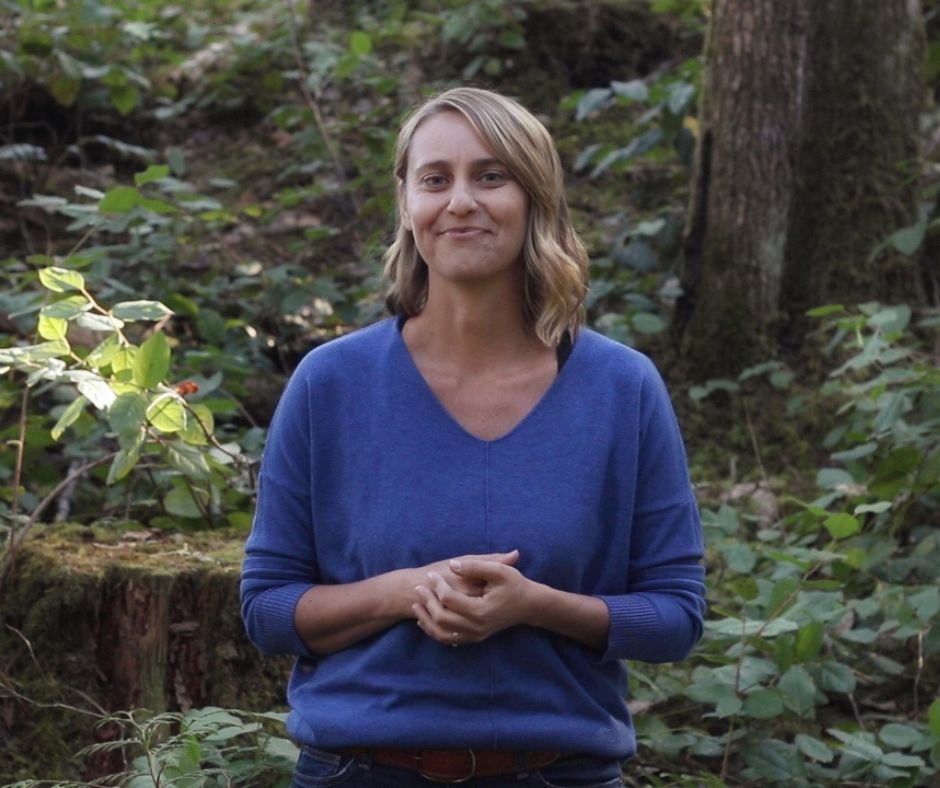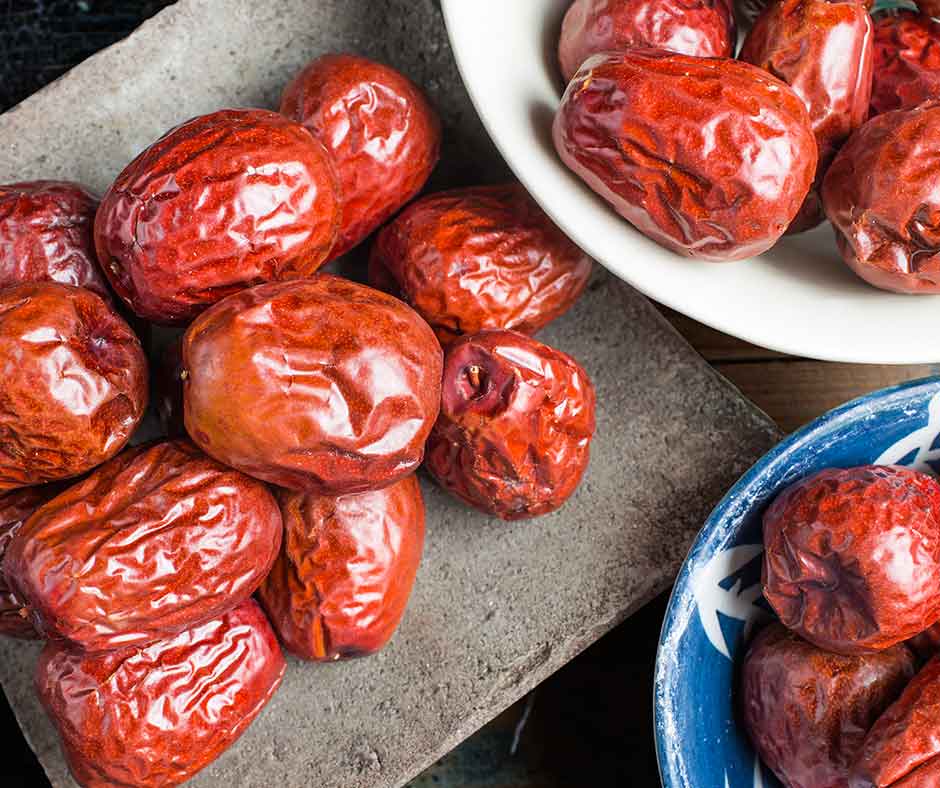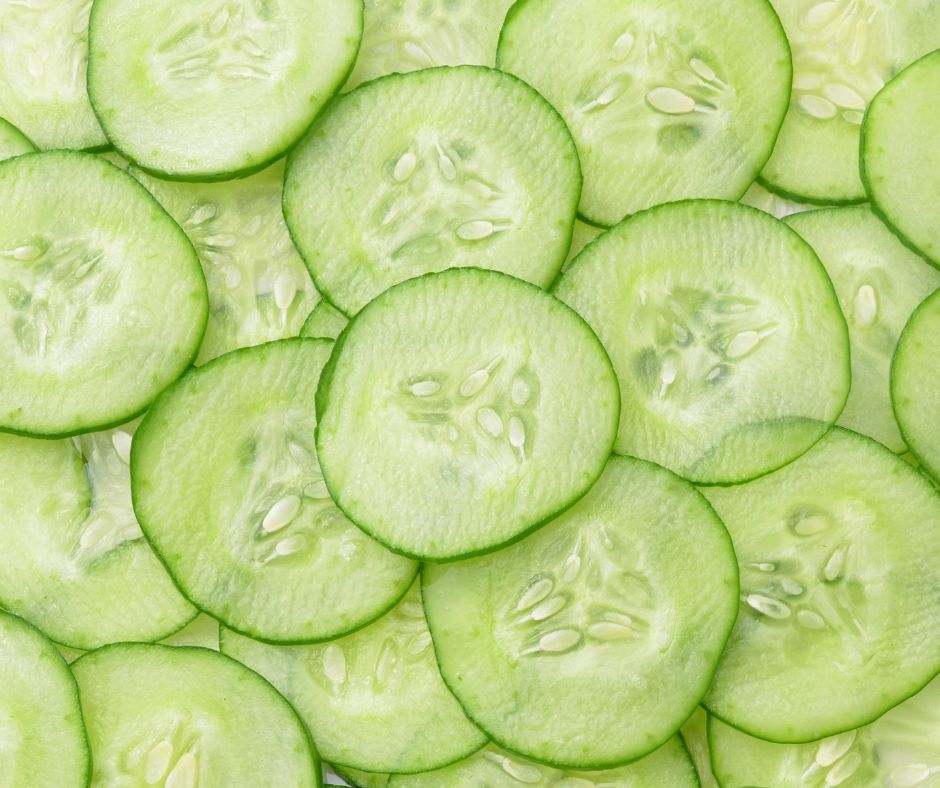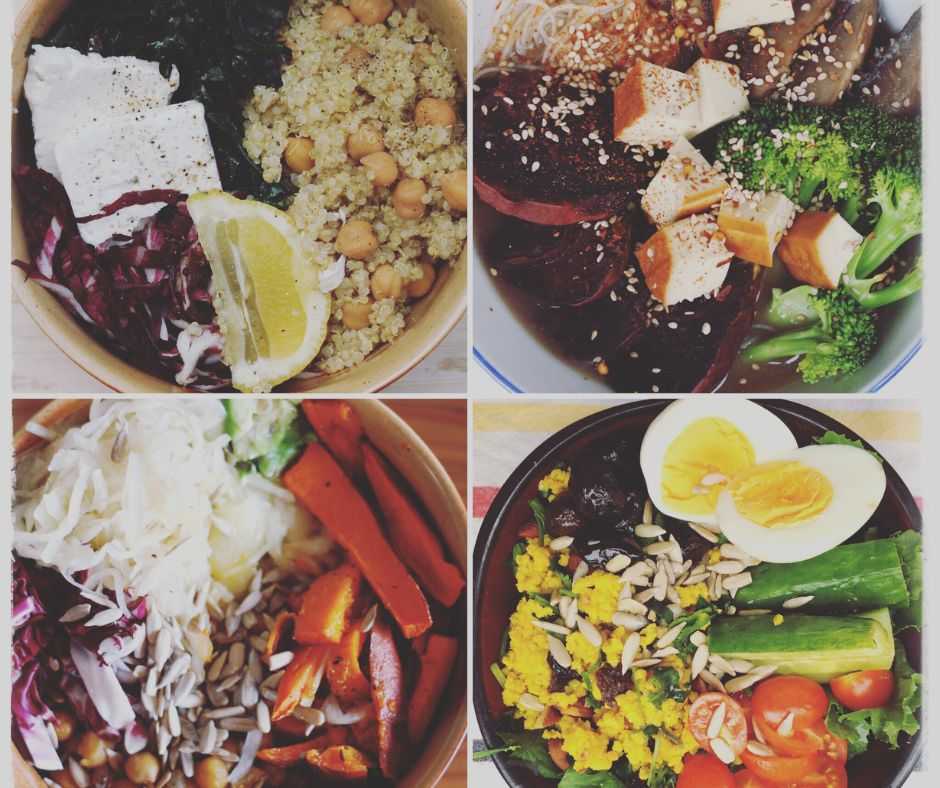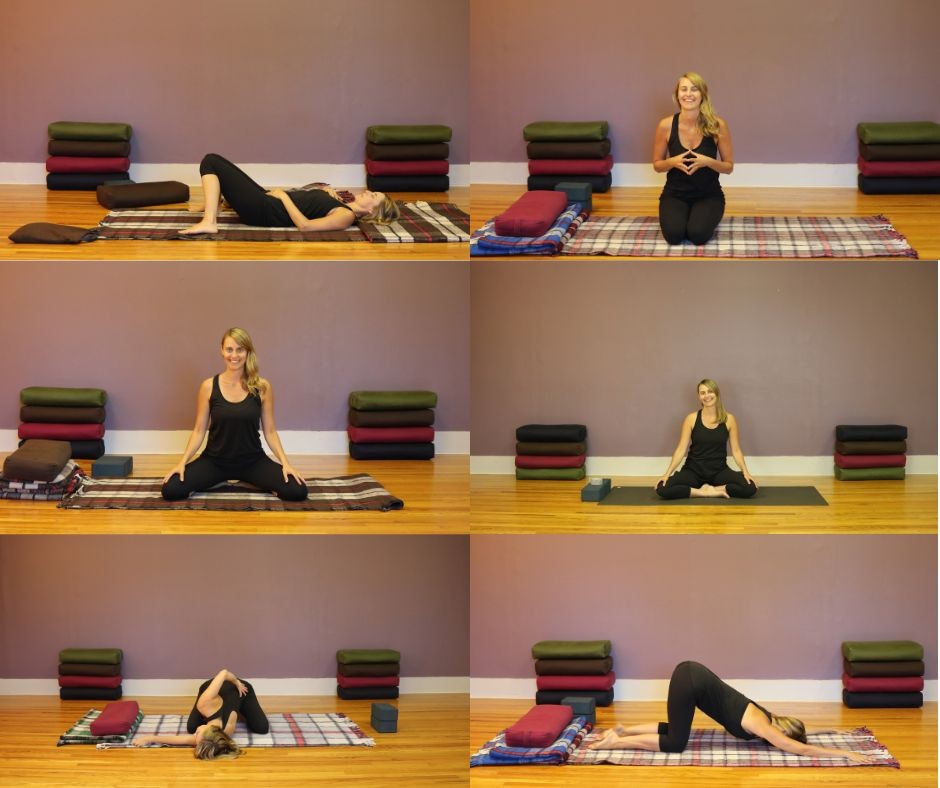Herbal and natural medicine can be very helpful for so many concerns. Unfortunately, exaggerated media often plays up the potential harms of natural medicine, but herbal medicine has been used for millennia and is generally extremely safe. It’s actually one of the safest forms of medicine we’ve ever had and herbs are the number one type of medicine people still use around the globe today.
That doesn’t mean all herbs are safe. Some do have side effects and some are very toxic. There are a few simple safety precautions you’ll want to think about when using herbs and natural remedies. Watch the video to learn more:
Our bodies and minds do best when we’re connecting to the natural world. When we’re eating real food, and getting outdoors our health really benefits.
Many common ailments and diseases are due to a kind of disconnection to nature and our natural rhythms. Plant based remedies and herbal medicine are one way we can re-connect to the natural world.
Herbs work differently than pharmaceutical drugs
Working with natural and herbal medicine is different than using allopathic or conventional western medicine. It requires us to look holistically at ourselves and the concern. Instead of trying to overcome the problem with drugs, we aim to support the bodies natural healing mechanisms.
For example, many herbs have a modulating effect. Instead of a drug increasing a certain hormone, the herb will act to balance the hormone – increasing it or decreasing it dependant on whats needed.
In many cases, herbs encourage the body to start producing what is needed, or stop producing what is not needed. This effect creates balance.
Herbs are also often times much safer than allopathic medicine and many of them provide additional benefits above and beyond what you’re using them for.
First – remember natural remedies always work best when used in conjunction with a healthy lifestyle.
Listen to how the herbal remedy affects your body
If you take a herbal remedy and don’t feel well, or something feels off, that’s your body speaking. If the negative effect is not too strong you could try taking it again and see if you produce the same result. If your stomach feels a little upset you could try taking it with food. But ultimately, some herbs just don’t work for certain people. Listen to your body.
Start with the safest most gentle herbs and lower doses.
In many cases this will do the trick! As you move towards using stronger herbs or higher dosages the chances of side effects increases.
You’ll also want to consider the severity of your condition. Some situations definitely require immediate medical attention and much quicker treatment than herbal medicine can provide. When in doubt check with your practitioner or a doctor to get appropriate medical advice.
If you’re taking medication, always check with your health care provider, doctor, or pharmacist.
It doesn’t have to be all or nothing. In many cases, people still take allopathic medicine in conjunction with herbal remedies.
But if you use pharmaceuticals be aware of herb drug interactions. There are actually not so many known interactions, but its best to err on the side of caution as there are endless combinations possible. Since allopathic medicine is so young, not nearly all of the combinations have been studied.
A few common interactions to keep in mind include: sedative herbs interacting with pain and psychiatric medications, the medication warfarin (which is a blood thinning drug) can negatively interact with many foods and herbs, and the herb St.Johns wort tends to interact with many pharmaceuticals.
Herbs that increase digestion and detoxification may clear drugs too quickly or affect absorption. You’ll also want to keep in mind that combining herbs and drugs that have similar effects or combining herbs and drugs that have opposite effects could both be problematic. For example, stimulants, sedatives, or diuretics.
Be your own advocate
As always, if your medical team is unwilling to work with you and your interests in plant medicine, look for a new team. There are some great doctors and pharmacists out there who can support you in deciding if a herb will have potential side effects. Remember, this is your health and you need to be your own advocate.
When taking herbs make sure to do some research. Find a few credible sources that you can rely on to learn more about actions and dosages. Read up on scientific research, but also rely on established herbalist resources. Oftentimes herbalists will understand how a herb is used with much more depth.
Unfortunately, many scientific studies are done with only one component of a plant at incorrect dosages and time frames. Pharmaceutical companies can’t necessarily sell for profit a plant that you can grow in your backyard, so they oftentimes test isolated components of a plant instead. Herbalists use the whole plant which contains many components making it oftentimes safer, and more beneficial.
In any case, use a mix of sources to learn, and that will get you the information you need.
I hope that gives you a few guidelines to use herbal medicine more safely and effectively. Let me know in the comments below if you enjoyed the video and what your favourite herbal ally is!

